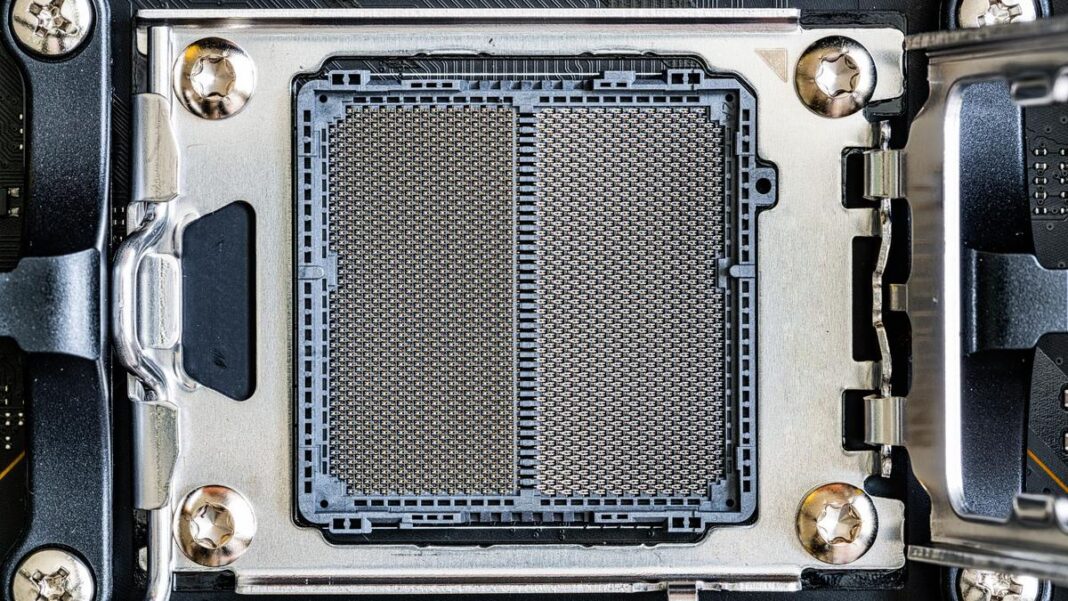US Superconductor Breakthrough Creates New Material for Quantum Computing
A team of scientists in the United States has reached a significant milestone in the field of superconductors, which could profoundly impact the future of quantum computing. The development of a novel superconductor material not only advances quantum computing but also introduces the potential for it to function as a “topological superconductor.”
A topological superconductor is a unique material that exhibits zero electrical resistance while possessing special properties related to its shape or topology. Such materials are critical in the quest for robust quantum computers, which must operate with high resistance to interference and errors.
Revolutionary Material for Quantum Leap
The research team has crafted a superconductor that may serve as a promising candidate for developing more scalable and reliable quantum computing components. According to Peng Wei, an associate professor of physics and astronomy who led the research, this new material represents a significant leap forward. “Our material could be a promising candidate for developing more scalable and reliable quantum computing components,” Wei noted.
This superconductor combines trigonal tellurium, a material renowned for its chiral and non-magnetic properties, with a surface state superconductor generated on a thin film of gold. This innovative combination resulted in a two-dimensional interface superconductor with characteristics that set it apart from conventional superconductors.
Understanding the Superconductor’s Unique Properties
Trigonal tellurium’s chirality—its property of not being superimposable on its mirror image—adds a distinct dimension to this new superconductor. The interface between this chiral material and the gold layer creates an environment where the spin energy is amplified sixfold compared to traditional superconductors. This amplification offers exciting possibilities, such as using excitations at the interface to generate spin quantum bits, or qubits, which are the fundamental units of quantum information in quantum computers.
“The interface superconductor is unique as it lives in an environment where the energy of the spin is six times more enhanced than those in conventional superconductors,” Wei explained. This breakthrough opens new pathways for generating and manipulating qubits, a critical component in the evolution of quantum computing.
Quantum Computing Applications: The Future Unfolds
The implications of this superconductor breakthrough in quantum computing are vast. Quantum computing, which leverages the principles of quantum mechanics to solve complex problems far beyond the reach of classical computers, stands to benefit greatly from this development.
The researchers successfully developed high-quality, low-loss microwave resonators—crucial components in quantum computers—using materials significantly thinner than those typically used in the industry. “We achieved this using materials that are one order of magnitude thinner than those typically used in the quantum computing industry,” Wei remarked. The significance of this accomplishment lies in the potential to create low-loss superconducting qubits, which are essential for the practical implementation of quantum computers.
Decoherence, the process where quantum information within a qubit system degrades due to interactions with the environment, remains one of the most challenging obstacles in quantum computing. The team’s innovative approach, which involves using non-magnetic materials to create a cleaner interface, may lead to more scalable and dependable quantum computing components. This development is a crucial step toward overcoming the issue of decoherence, bringing us closer to realizing the full potential of quantum computing.
Discoveries Beyond the Initial Breakthrough
The team’s research extends beyond the initial creation of this new superconductor material. They observed that under the influence of a magnetic field, the interface superconductor undergoes a transition into what may be a “triplet superconductor.” This type of superconductor is particularly stable in the presence of magnetic fields and naturally suppresses sources of decoherence arising from material defects, which is a common challenge in quantum computing.
The discovery of this new superconductor material, combined with its potential to address critical challenges in quantum computing, marks the beginning of a new era in this transformative field. With its ability to suppress decoherence and create a more stable environment for quantum information, this breakthrough could lead to the development of quantum computers capable of tackling problems of unprecedented complexity.











